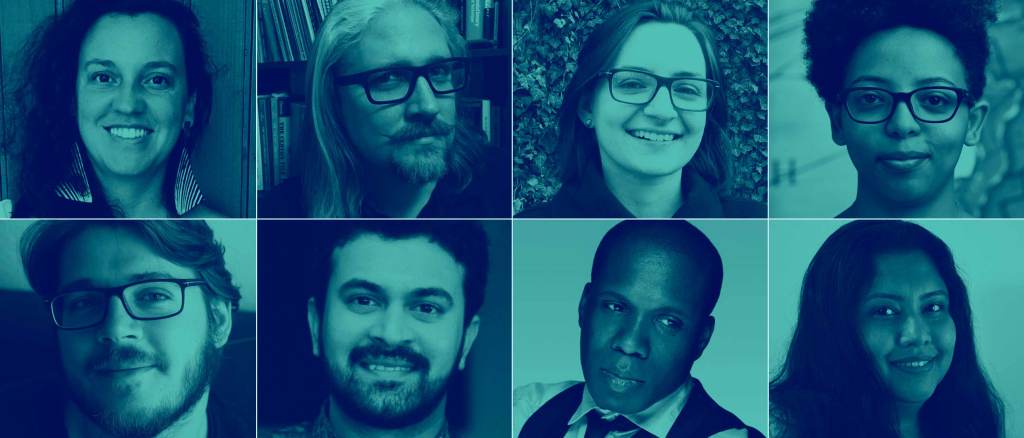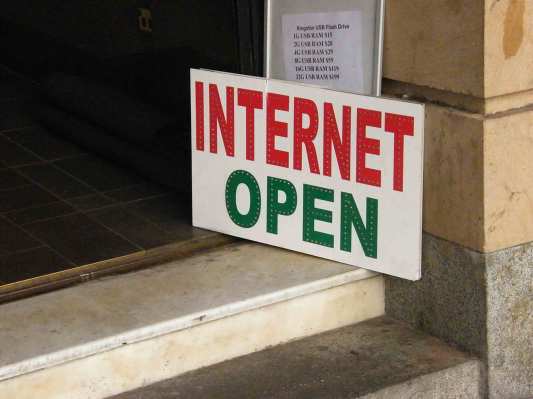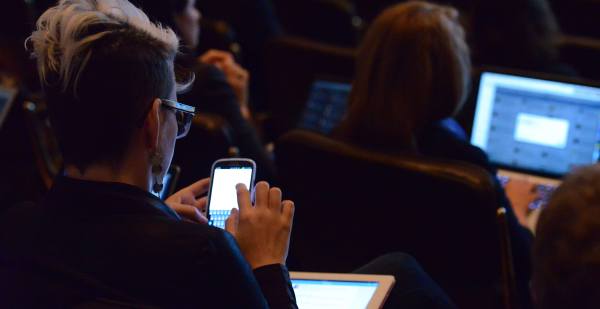
Mozilla just announced the second class of Ford-Mozilla Open Web Fellows. This program is part of the Ford Foundation’s commitment to support the development of a new generation of public interest technologists: people establishing professional careers that leverage their technology-related expertise to serve the public good.
The 2016 class of fellows come from five continents. They will bring their expertise in data visualization, design, development, digital storytelling, research, and policy analysis to eight international NGOs. The class includes fellows like Matt Mitchell, who is bringing his experience training activists and journalists on digital security issues to supporting ColorOfChange’s mission to strengthen Black America’s political voice; and Steffania Paola Costa di Albanez from Brazil, who brings her data and design experience to support Derechos Digitales in promoting human rights in the digital environment across Latin America (See the full list of 2016 fellows and their bios).
Programs that support the development of career paths for public interest technologists are still relatively new, but Ford is already building on the successes and challenges of the first year of the Open Web Fellows program. Here are the main lessons we gained from last year’s program, which we are using to improve this year’s program:
- Agree on common goals and what success looks like. This year, the program will invest more time and effort in identifying common goals and definitions of success between each tech fellow and their host organization. These expectations are often out of alignment in organizations that have not worked with technologists before. We are now very conscious of the need to support these efforts especially given the fact the fellowships last for a relatively short time period of 10 months.
- Balance fellow-to-fellow collaboration with their organizational work. Having a diverse cohort of fellows working in different organizations presents a unique opportunity for crosscutting projects that fellows can collaborate on together. Balancing this with the needs and opportunities in each individual host organization is critical. We are striving to ensure that this year the program will better define how each fellow’s time will be split between these two priorities.
- Support collaboration among host organizations. The 2016 program kicked off in a new way by bringing all of the host organizations together for two days before their tech fellows started working within their respective organizations. This allowed host organizations to understand each other’s priorities and strengths. Most importantly, it helped build collaborative relationships between host organizations. These relationships will help them rely on each other in supporting their respective tech fellows as well as Mozilla-led campaigns to defend the open web, which the 2016 fellows will be involved in.
Learn more about the 2016 Ford-Mozilla Open Web Fellows and their host organizations.


